China, Russia FMs pledge to expand strategic partnership amid US hostilities
China and Russia have vowed to enhance and implement their strategic partnership in talks at the UN headquarters in New York between Chinese Foreign Minister Wang Yi and his Russian counterpart Sergei Lavrov.
“Under the current circumstances, China and Russia should continue to strengthen strategic coordination, safeguard national sovereignty and security, and oppose external interference,” Wang said during the Friday meeting on the sidelines of the 74th session of the United Nations General Assembly, as cited by China’s state news agency, Xinhua.
The top Chinese diplomat further reiterated that Beijing and Moscow should work together to implement key agreements reached by the two countries’ heads of state, enrich the comprehensive strategic partnership of coordination in the new era, push for more results in various collaborative fields, and contribute more wisdom and solutions to world peace and stability.
Noting that this year marks the 70th anniversary of forging diplomatic ties between China and Russia, he also underlined that the bilateral relations were bringing about new opportunities as well as new challenges.
Wang then called for both allies to collaborate towards firmly upholding the objectives and principles of the UN Charter and strife for international fairness and justice in efforts to defend respective interests of both nations, preserve world peace and stability, and fulfill their due responsibilities as permanent members of the UN Security Council.
For his part, Moscow’s top diplomat also agreed that the two countries should expand strategic coordination in global and regional affairs and collaboratively help sustain international law as well as the aims and principles of the UN Charter.
According to the report, the two top diplomats further exchange views on key international and regional developments, with Lavrov also expressing his nation’s readiness to maintain close communication with Beijing in celebrating seven decades of Sino-Russian ties.
The development came amid increasing US hostilities towards both China and Russia, particularly in the fields of trade, military build-up and maneuvering as well as foreign policy issues.
Earlier this month new US military chief Mark Esper warned European nations to tackle what he referred to as growing security and economic threats from China and Russia, in the latest sign that Washington has shifted its main focus from military interventions in the Middle East to confronting Beijing and Moscow.
“It is increasingly clear that Russia and China want to disrupt the international order by gaining a veto over other nations’ economic, diplomatic, and security decisions,” Esper said at a UK-based think tank, Royal United Services Institute on September 6.
“The United States is facing this challenge head-on, but if we are to preserve the world all of us have created together through decades of shared sacrifice, we must all rise to the occasion,” he further added.
The US defense secretary also accused China of using its economic power and stealing technology to gain greater global influence.
He then went on to underline purported risks posed by Russia, including its reunification with Crimea in 2014, its actions in eastern Ukraine and involvement in Syria.
Esper further slammed Russia for alleged arms control violations and what he described as aggression in Europe, and also claimed that Russian ground-based cruise missiles aimed at Europe are "probably nuclear-tipped."
This is while the Pentagon has been sharply expanding its efforts to counter China's growing military power, including escalation of its naval operations, missile tests and landing drills in the Asia Pacific region.
Earlier this month a US warship approached the Paracel Islands, an island chain claimed by Beijing in the South China Sea, to contest Beijing's claim of sovereignty to waters around the archipelago, which is also claimed by Taiwan and Vietnam.
The maritime operation by US forces was the sixth "freedom of navigation operation" this year, a clear acceleration in pace.
In a likely response to persisting US war games in the region, Russia and China joined other member states of the Shanghai Cooperation Organization (SCO) on September 16 to hold large-scale military exercises on the Russian soil
The maneuvers, subbed Tsentr-2019, began in Orenburg, south of Russia's Urals in an area near Kazakhstan, and culminated with the deployment of 128,000 soldiers carrying or working with 20,000 military equipment or weapons. The drills also included a total of 600 military aircraft and 15 warships.
For six days, troops representing Central Asian states, India and Pakistan carried out training in Astrakhan Oblast, the North Caucasus region of the Russian republic of Dagestan, Chelyabinsk Oblast, the Siberian Altai and Kemerovo.
Israel scuttles UN ‘rape’ probe fearing investigation into forces’ abuse of Palestinians
Israeli forces assault, strip Palestinian woman
Israeli army withholding info on forces amid intl. arrest fears
Iran, Turkey to resolve issue of stranded trucks soon: Minister
VIDEO | Extensive military drills underway in western Iran with focus on rapid deployment
VIDEO | Palestinian artist preserves Gaza’s legacy by chronicling genocide
VIDEO | Billionaire Musk intervenes in UK politics
Arab League condemns map claiming Arab lands as part of ‘greater Israel’


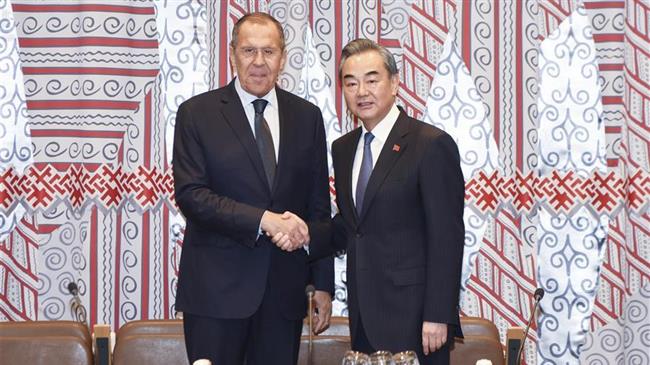



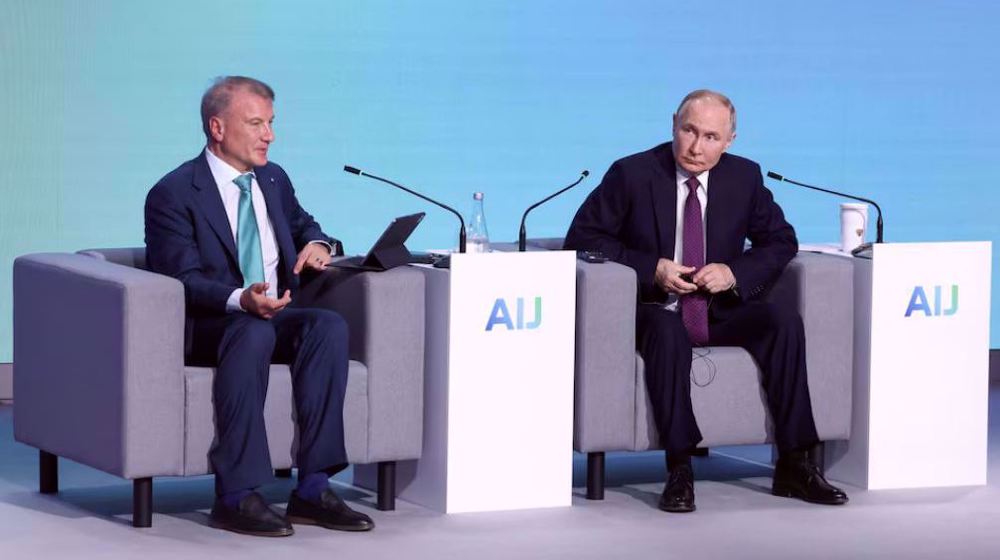
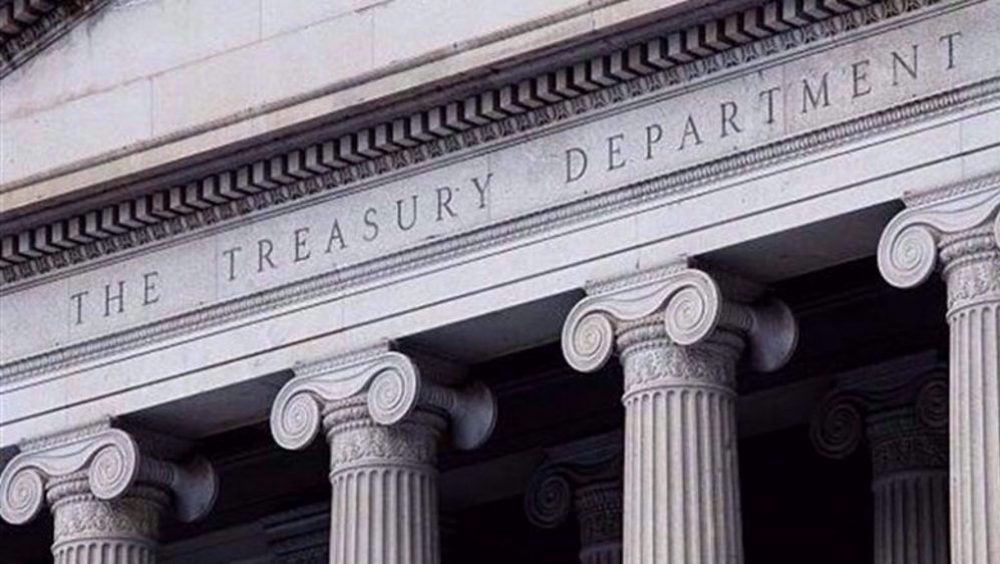
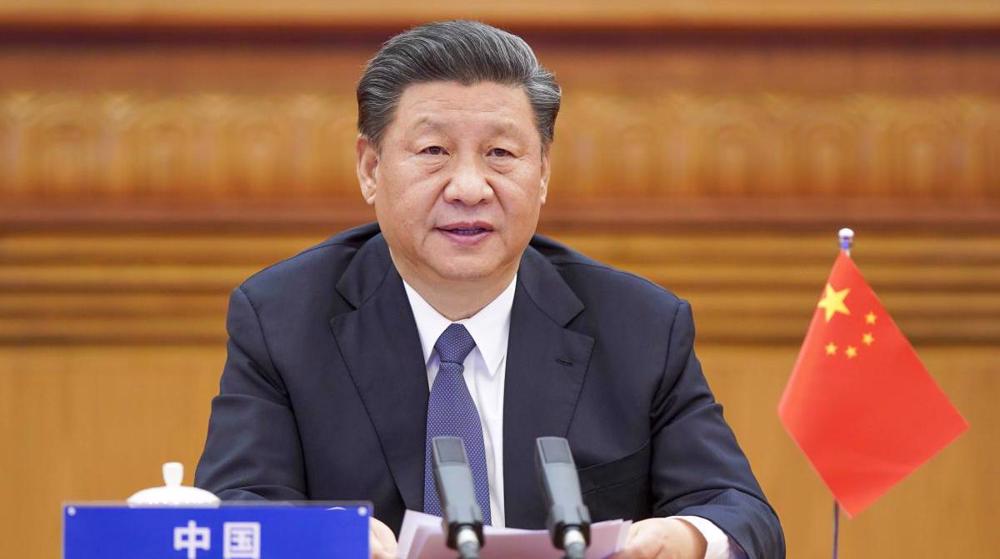



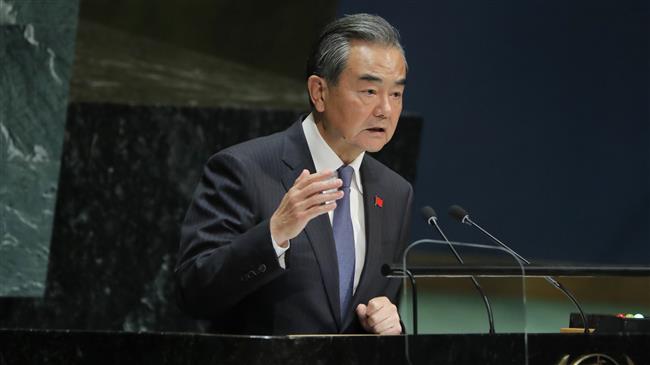

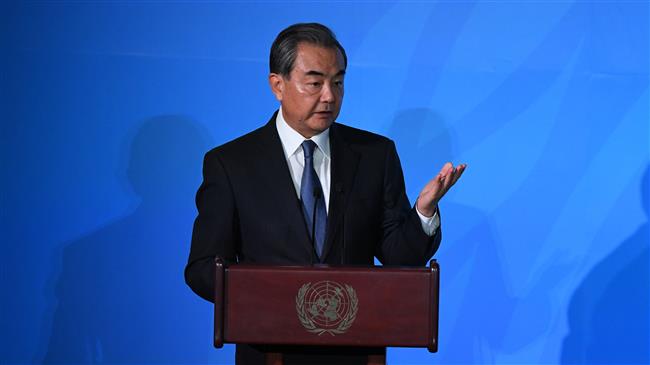


 This makes it easy to access the Press TV website
This makes it easy to access the Press TV website